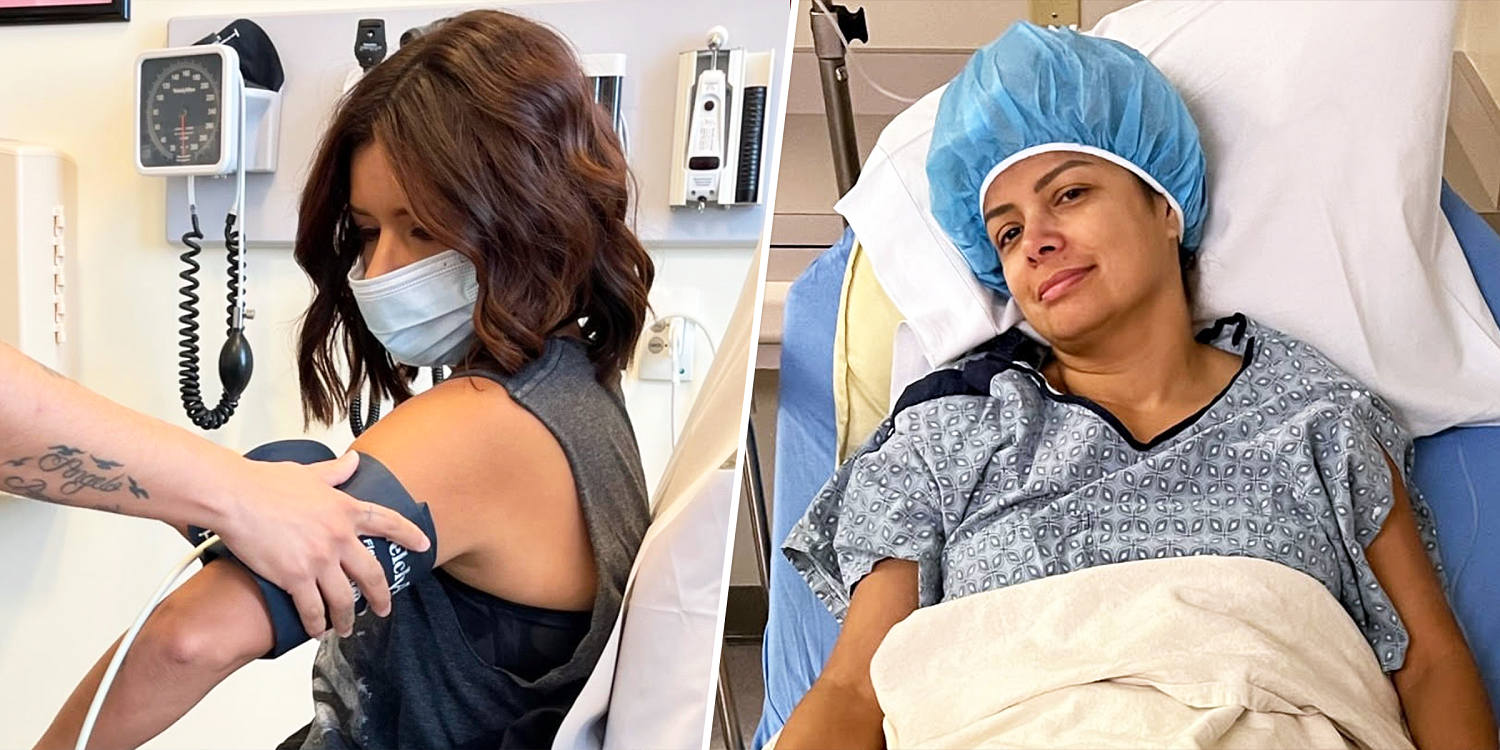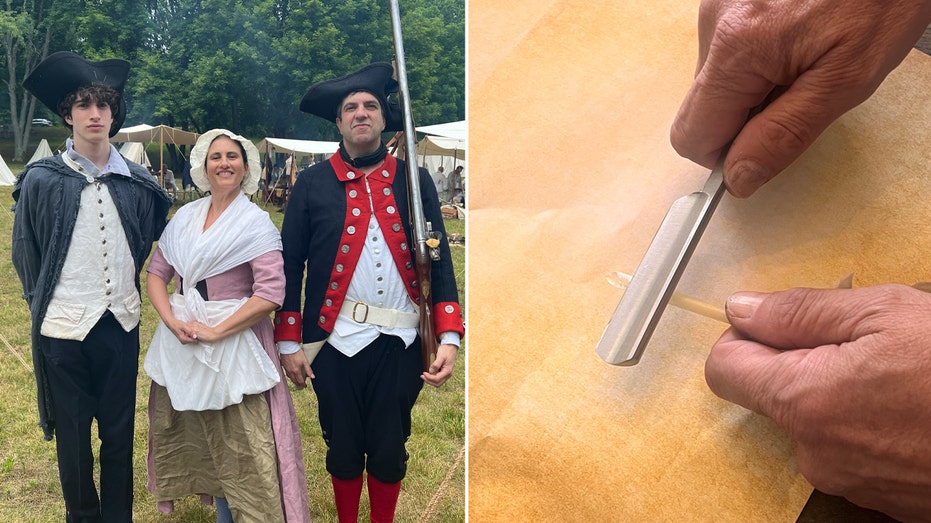
Pune: It took more than 24 hours for a woman with deteriorating health condition caused by Hepatitis A to secure a bed after she and her husband were turned away from four private hospitals in different parts of the city. She was finally admitted to a private facility in Fatima Nagar on Friday night. The current surge in vector-borne infections and other viral illnesses, especially dengue , chikungunya and H1N1, has led to a shortage of general, emergency and ICU beds in both private and govt hospitals.
While earlier such seasonal infections would cause a paucity of only ICU beds, this time the situation is dire, say hospital administrators and doctors. "For more than two months we have been facing an acute shortage of ICU and general ward beds. Most of the patients hospitalised are those infected with dengue, chikungunya and viral fever and they include all age groups.

They are also taking a longer time to recover," said Dr H K Sale, executive director at Noble Hospital, a 350-bed facility with 66 ICU beds. This is also affecting elective surgeries, he added. Sahyadri Hospitals, which has about seven of its branches in Pune city, is dealing with a similar situation.
Dr Sunil Rao, its chief operating officer, said their ICU beds across the city are currently fully occupied. "We have patients admitted with health complications related to respiratory issues, seasonal infections such as dengue and chikungunya, and cardiac conditions as well, which reflects the healthcare challenge in Pune. Similarly, our general ward beds are seeing high occupancy due to a spike in seasonal illnesses.
" Although the risk due to dengue, chikungunya or viral fever has gone down, there are multiple other factors causing a rush at the hospital, said Dr. Prasad Muglikar, medical director of Ruby Hall Clinic. "Our ICU and general ward beds are full.
Patients include those with viral infections, cardiac problems and even kidney-related ailments." An official at Jehangir hospital said the demand has risen since July but they have kept a few emergency beds always available. "Some patients of chikungunya do require longer hospitalisation which is leading to scarcity of beds.
" Doctors also say the situation has improved after Ganesh festival. Dr Bharat Purandare, infectious diseases consultant at Deenanath Mangeshkar hospital, said, "Prior to the festivities the situation was very bad with patients being stranded at the casualty ward as there were no beds available. We had to deny admissions to outstation patients, and the hospital was also under stress in handling elective and planned surgeries.
" He further said chikungunya cases were earlier found in smaller pockets but now cases are being reported from across the city and multiple members from the same family are requiring hospitalisation. "This year, cases of chikungunya have surpassed those of dengue and complications are leading to a longer recovery period as well. H1N1 is also contributing to the load on the hospital.
" In Pimpri Chinchwad, 360-bed Aditya Birla Memorial Hospital is seeing 80-90% occupancy, its CEO Dr Pamesh Gupta said. "A few weeks ago, dengue, chikungunya and viral infections were contributing to higher bed occupancy. It has reduced in the last two weeks, but the situation is still not better.
" In addition to private hospitals, govt facilities like Sassoon General Hospital and Pimpri Chinchwad Municipal Corporation-run YCM hospital are also struggling with a paucity of beds. Dr Yallapa Jadhav, medical superintendent at Sassoon hospital, said, "Viral infections add to the already existing stress on the hospital every monsoon. This time, dengue and chikungunya have wreaked havoc with patients taking a longer time to recover and also reporting multiple complications.
As of now, our ICU and general ward beds at the infectious diseases department are full.".














